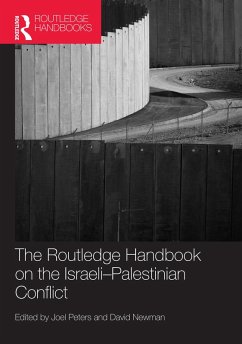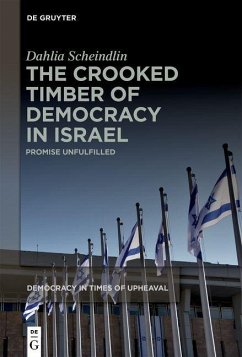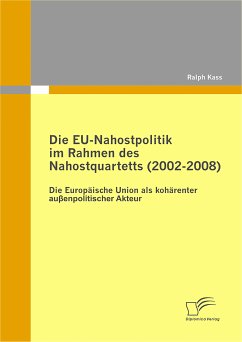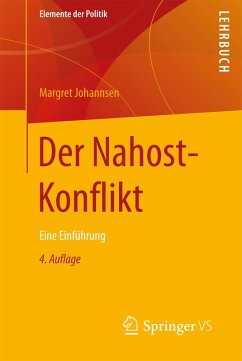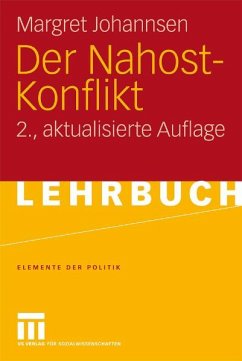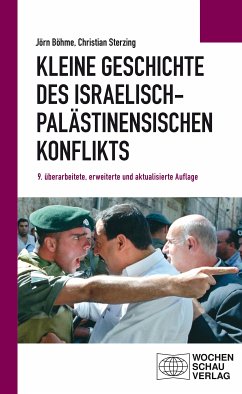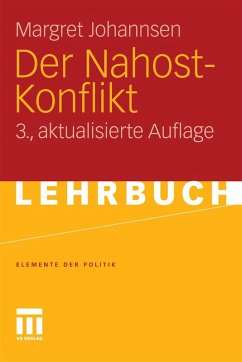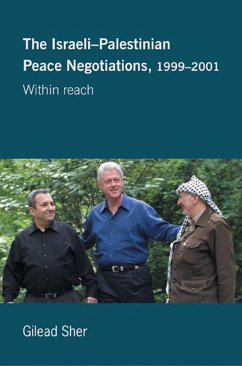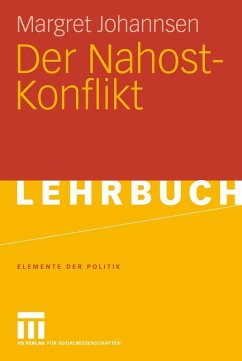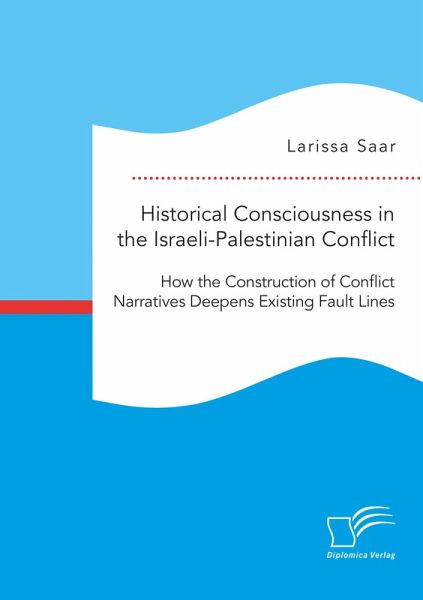
Historical Consciousness in the Israeli-Palestinian Conflict: How the Construction of Conflict Narratives Deepens Existing Fault Lines (eBook, PDF)
Sofort per Download lieferbar
Statt: 29,50 €**
19,90 €
inkl. MwSt. und vom Verlag festgesetzt.
**Preis der gedruckten Ausgabe (Broschiertes Buch)
Weitere Ausgaben:

PAYBACK Punkte
0 °P sammeln!
This study aims to investigate the role of history writing and the development of conflict narratives that emerge out of a particular understanding of history. The Israeli-Palestinian conflict is used as a case study of a context in which the competition for the correct interpretation of history contributes to the intractability of the conflict. An initial investigation into how history is written and subsequently turned into conflict narratives provides a theoretical understanding of the role of narrative in the conflict. Five key themes are analyzed: narratives of self-determination and nati...
This study aims to investigate the role of history writing and the development of conflict narratives that emerge out of a particular understanding of history. The Israeli-Palestinian conflict is used as a case study of a context in which the competition for the correct interpretation of history contributes to the intractability of the conflict. An initial investigation into how history is written and subsequently turned into conflict narratives provides a theoretical understanding of the role of narrative in the conflict. Five key themes are analyzed: narratives of self-determination and nationalism, narratives of religion, narratives of security, narratives of the Nakba and the Shoah and narratives of partition. The analysis shows how these narratives are used to sustain the conflict and deepen the fault lines between the conflict parties, but also how mutual understanding and a possible path towards peace can be forged through narratives.
Dieser Download kann aus rechtlichen Gründen nur mit Rechnungsadresse in A, B, BG, CY, CZ, D, DK, EW, E, FIN, F, GR, HR, H, IRL, I, LT, L, LR, M, NL, PL, P, R, S, SLO, SK ausgeliefert werden.





